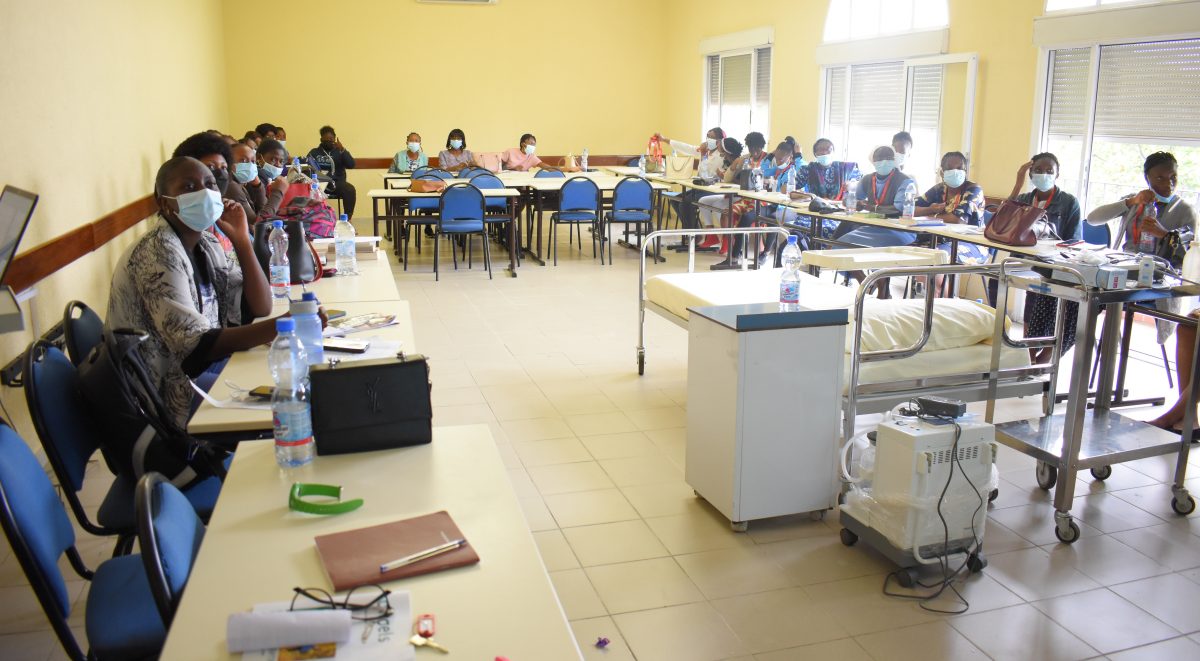
Data on the spread of the pandemic in most African countries are uncertain due to fragile control systems. Available information reports lower morbidity and lethality from Covid-19 than in other areas of the world, although the economic and social impact has been devastating, with tens of millions of people losing their jobs and falling into extreme poverty, exacerbating existing problems.
“The most important lesson in the post-pandemic is the need to strengthen our health systems, to improve people’s access to diagnosis and prevention,” report the Niger Foundation Hospital in Enugu, Nigeria. Health facilities remain inadequate, there is insufficient funding for training and deployment of medical staff. “We can learn from the solutions provided during this period of severe health crisis, but targeted investments are needed to address health needs.”
In the first phase of the emergency, Harambee launched a fundraising campaign to provide aid to partner health facilities: the Monkole Hospital Centre and the Institute of Nursing Sciences -ISSI in DR Congo; the Walé Health Centre in Côte d’Ivoire and the Niger Foundation Hospital in Nigeria.
Personal protective equipment, intensive care equipment and distance learning were provided, and awareness-raising campaigns were promoted in the most peripheral places to counter the spread of the virus.
At a later stage, it helped to ensure continuity in the training of medical and nursing staff; equipment was purchased to carry out tests and analyses; the existing infrastructure was improved for better distancing; and it helped to strengthen home healthcare.
“We know the challenges and we know how to address them, but the fragility of the health systems remains the main obstacle to ensuring the most appropriate response to the needs of the assisted population“. This is why, once the Emergency Campaign is over, Harambee wishes to continue the necessary accompaniment, enabling the health reference structures to offer high quality medical care, reinforcing disease prevention and the provision of primary care.
In 2022, therefore, responding as usual to concrete needs, the commitment is to equip the Niger Foundation Hospital with an intensive care unit in Nigeria. Since 1990, the hospital has been providing quality health care to the large community of Enugu, with particular attention to the economically vulnerable sections of the population. In the Democratic Republic of Congo, there is a desire to strengthen the Institute of Nursing Sciences in Kinshasa which, since 1997, has been providing qualified training to help deal with the country’s most pressing health problems.
“The pandemic has accelerated the adoption of internal tools to solve health problems. But there remain obstacles that we cannot overcome alone“. Improving health care in Africa is an achievable goal – you too can contribute.
Donate now!
